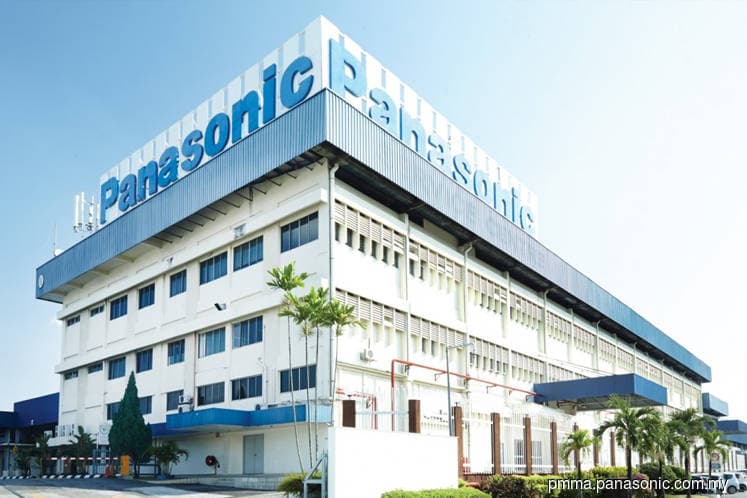
KUALA LUMPUR (March 1): After announcing strong earnings for the third quarter ended Dec 31, 2017 (3QFY17), shares in Panasonic Manufacturing Malaysia Bhd rose as much as 4.15%, making it the top gainer across Bursa Malaysia this morning.
At 9.35am, Panasonic gained RM1.40 to RM35.10 with 12,500 shares changing hands, giving it a market capitalisation of RM2.05 billion.
Over the past 12-months, the counter has gained about 13.82%.
Panasonic’s net profit grew 36.4% year-on-year (y-o-y) to RM42.65 million, from RM31.27 on higher contribution from the home appliance products’ segment and a derivative gain from the hedging of forward contracts.
Revenue grew 11.07% y-o-y to RM317.05 million from RM285.44 million, on the back of stronger sales in domestic and export markets for both home appliances and fan products.
For the nine months ended Dec 31, 2017 (9MFY17), the group posted a 5.5% increase in net profit to RM105.87 million from RM100.35 million, due also to its home appliances segment, despite a decline in profit from its fan and other products segment.
Revenue over the nine-month period rose 5.34% to RM922.43 million from RM875.65 million on higher sales of vacuum cleaner products, a recovery in sales in the Middle East, and more home shower products sold due to the prolonged rainy season.
In a note review today, CIMB Investment Bank Bhd (CIMB Research) analyst Kristine Wong said Panasonic 9MFY17 core net profit of RM105.9 million came in largely in line with expectations at 75% of the research house estimate and 77% of Bloomberg consensus’ full-year estimate.
“We make no changes to our earnings estimates given the in-line results,” she said.
CIMB Research has maintained its “add” recommendation on Panasonic with an unchanged target price of RM45.20.
“Our FY18-20 forecast earnings compound annual growth rate is premised on expectations of increased profitability for its rice cookers, improving economies of scale from higher installed production capacity, and better export sales, particularly to the Middle East,” she said adding that these could re-rate the stock.
Wong said the downside risks include a substantial slowdown in domestic and regional consumption for electrical products, and a significant upturn in key raw material prices such as steel, copper, and aluminum as well as foreign exchange (i.e. US$ and JPY).